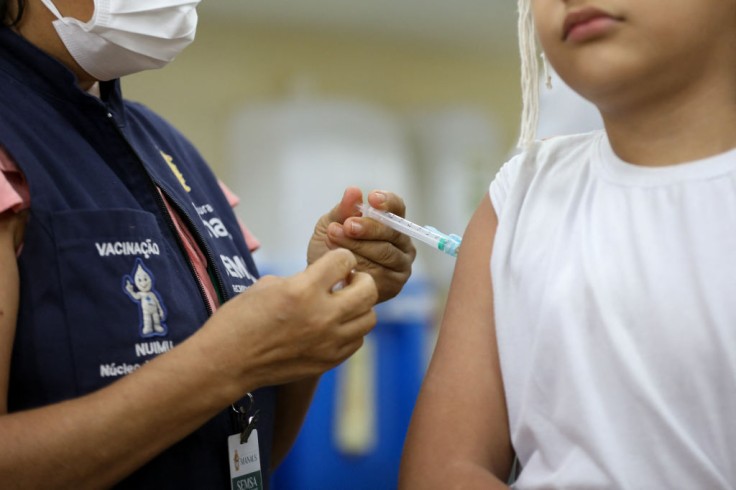
As the new school year approaches, parents are busy preparing their children for a successful return to the classroom. While new backpacks and school supplies are important, there's another crucial aspect of back-to-school preparation that often gets overlooked: health and wellness.
School nurses play a vital role in keeping students healthy and safe, but they are often kept in the dark, especially when it comes to a student's health condition or medication. To help ensure your child is getting the best care possible in school, we made a guide on the five key things that school nurses want all parents to know.
Inform School Nurses About a Child's Health Condition, Medication
In many cases, parents inform the teacher about their child's health condition and medication. However, parents often overlook informing school nurses. If your child suffers from asthma or migraines and needs medicine during the day, make sure to keep the nurse informed.
Additionally, do not forget to keep your school nurse updated if anything changes with your child's health or medications. This allows them to get your child the help they need at school.
Teach Children Proper Hand Washing
Hand washing may seem like a small thing, but it is one of the most effective ways to prevent the spread of illness in schools. It is also incredibly effective in preventing one in five respiratory infections, per the Centers for Disease Control and Prevention (CDC).
While it is impossible to ensure your child is washing their hands in school, you can help them build a healthy habit of doing so. To start, talk to them about why hand washing is necessary. Also, demonstrate the correct way to wash hands. Furthermore, give them hand sanitizer or disinfecting wipes when water and soap are not available.
Read also: Children, Teens With Long COVID Symptoms Likely To Suffer From More Headaches, Fatigue: Study
Stay Up-To-Date on Routine Vaccinations
Vaccinations play a crucial role in preventing the spread of infectious diseases in school settings. Each state has a list of immunizations that students attending schools must have. If your children are behind on some vaccinations, parents should make sure to get them to their primary care provider to get their immunizations up-to-date.
Know When To Let Kids Stay at Home
While regular attendance is important for academic success, sending a sick child to school can only lead to the spread of illness among students and staff. If your child has a fever of 100.4 or higher, is suffering from vomiting or diarrhea episodes, has a significant sore throat, or has red, swollen, and crusted eyes, it would be best to let them stay at home.
Learn About the Symptoms of COVID-19 and Monkeypox
In recent weeks, the number of COVID-19 cases has risen as more students head back to school. The World Health Organization (WHO) has also declared monkeypox a public health emergency of international concern.
To keep your child safe from infection, familiarize yourself with the latest guidance on the symptoms of COVID-19 and monkeypox. Additionally, you should also discuss with your child the school's policies regarding COVID-19, monkeypox, and other health concerns.
By keeping these five key points in mind, you are ensuring your school nurse can effectively create a healthier school environment for your child.